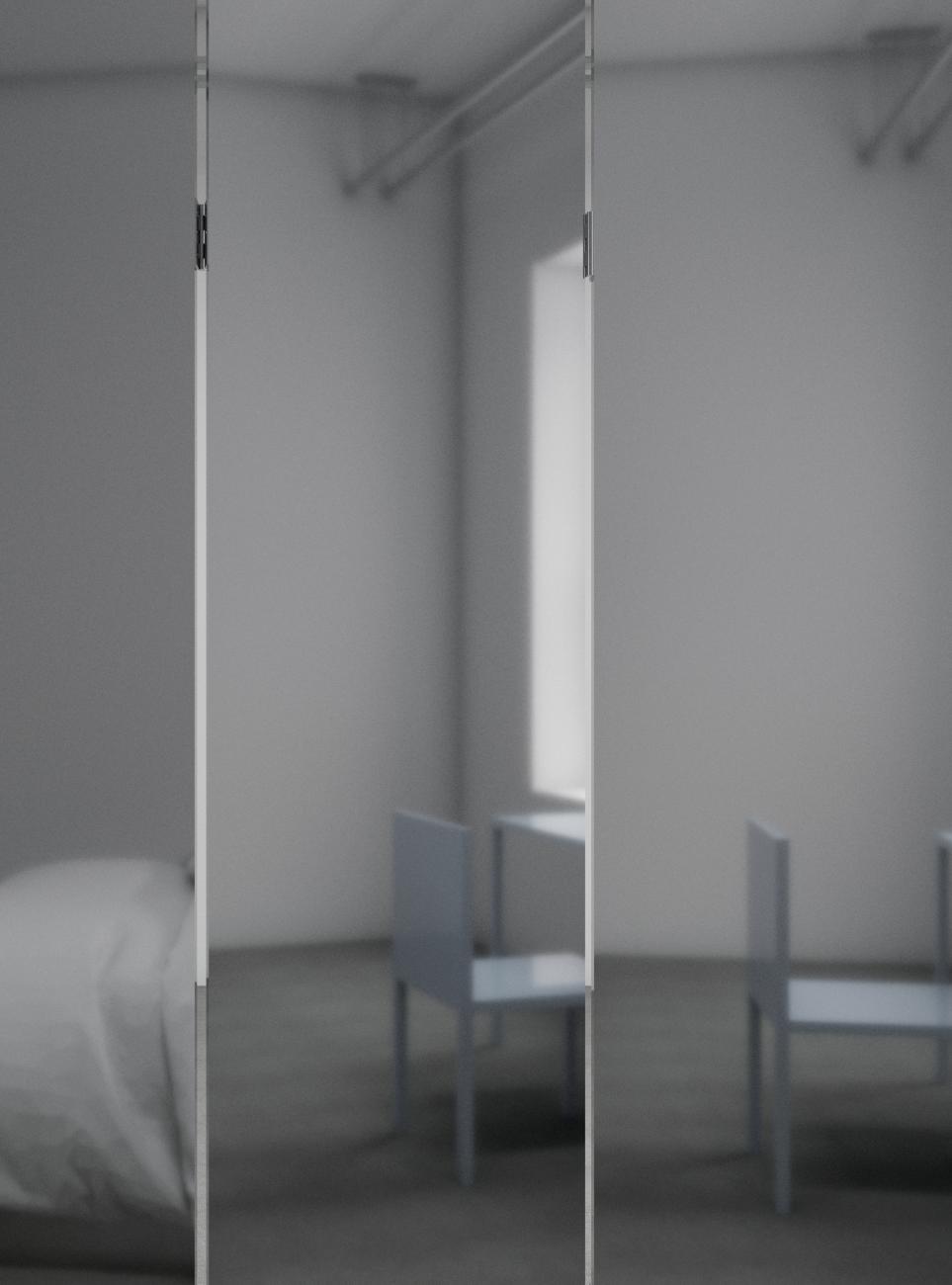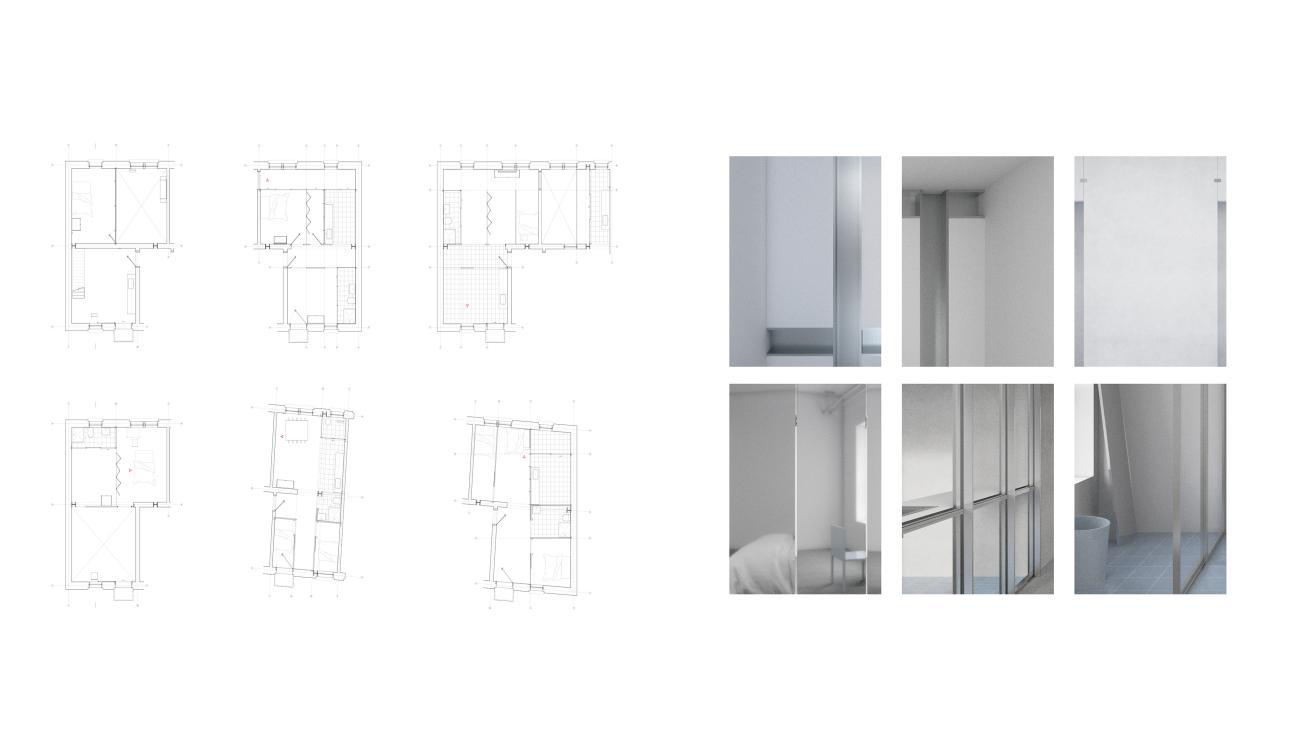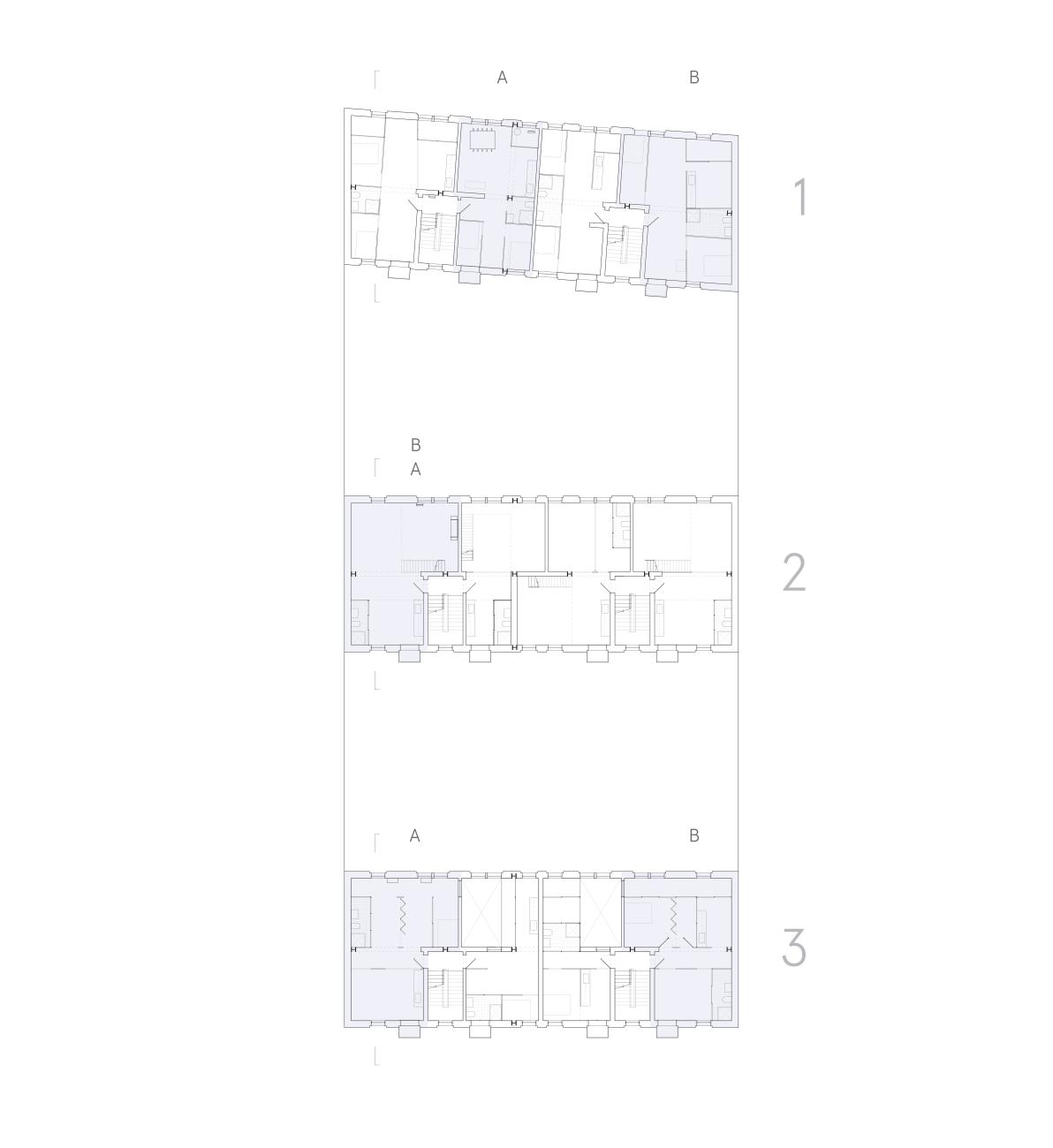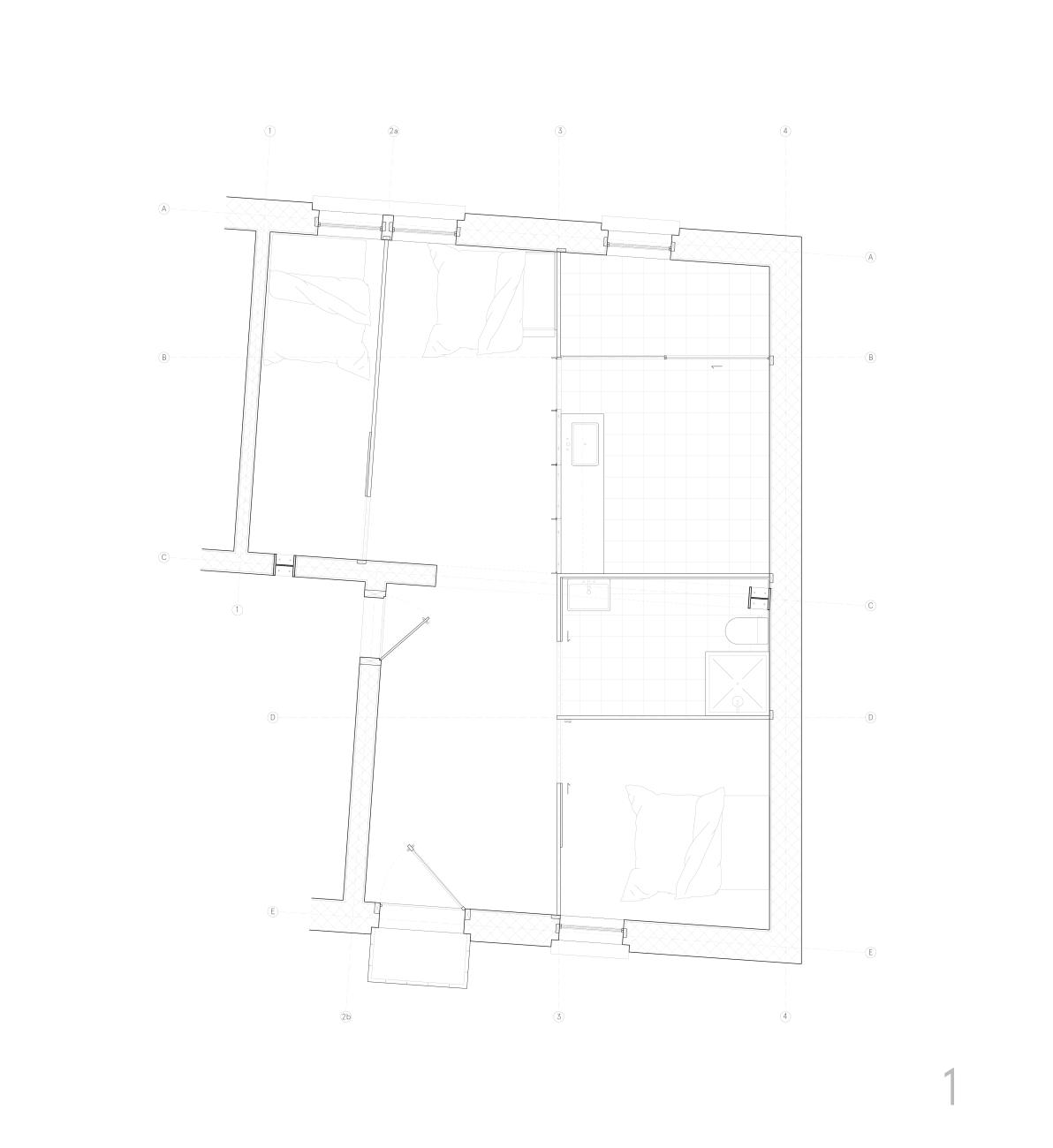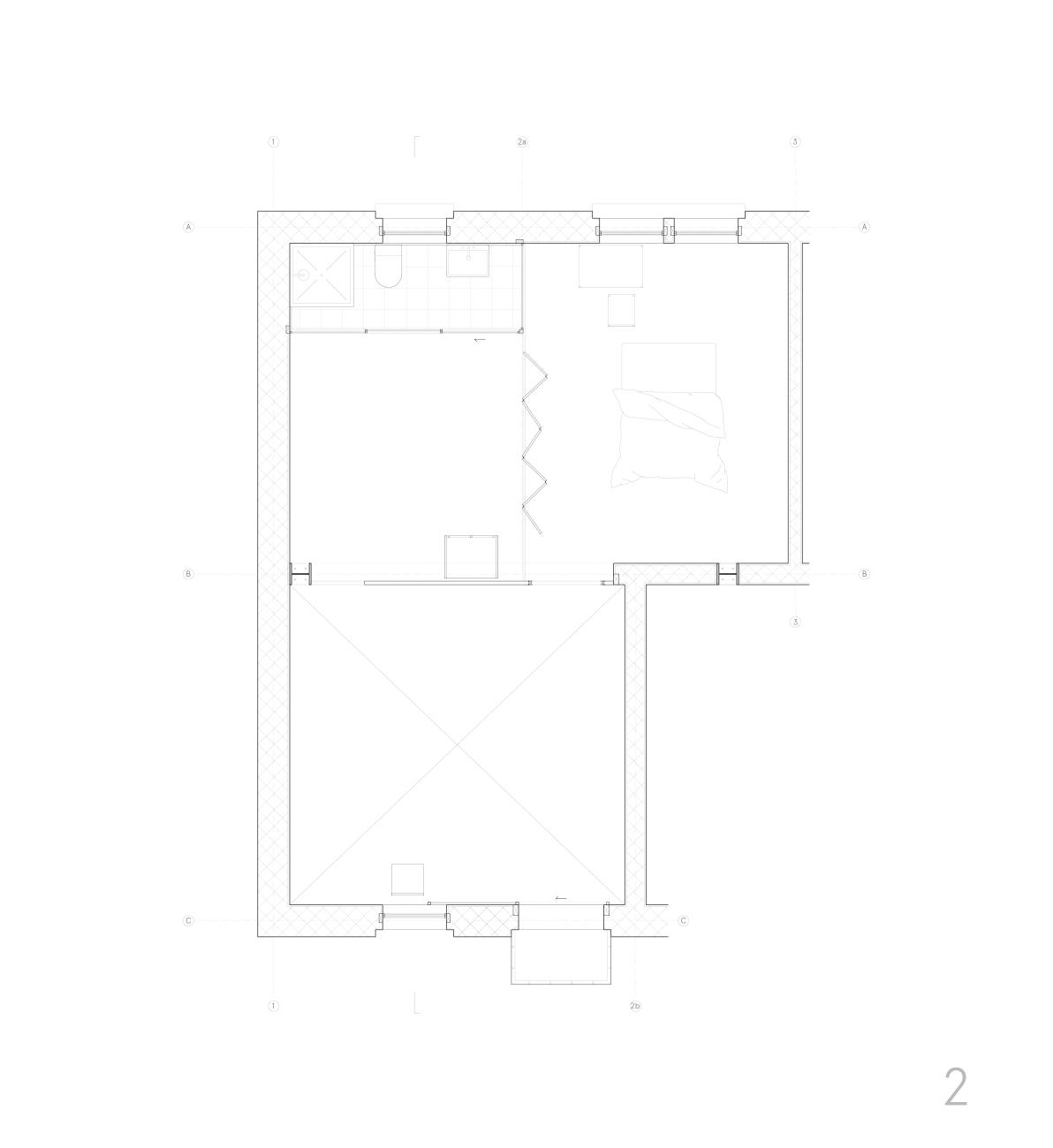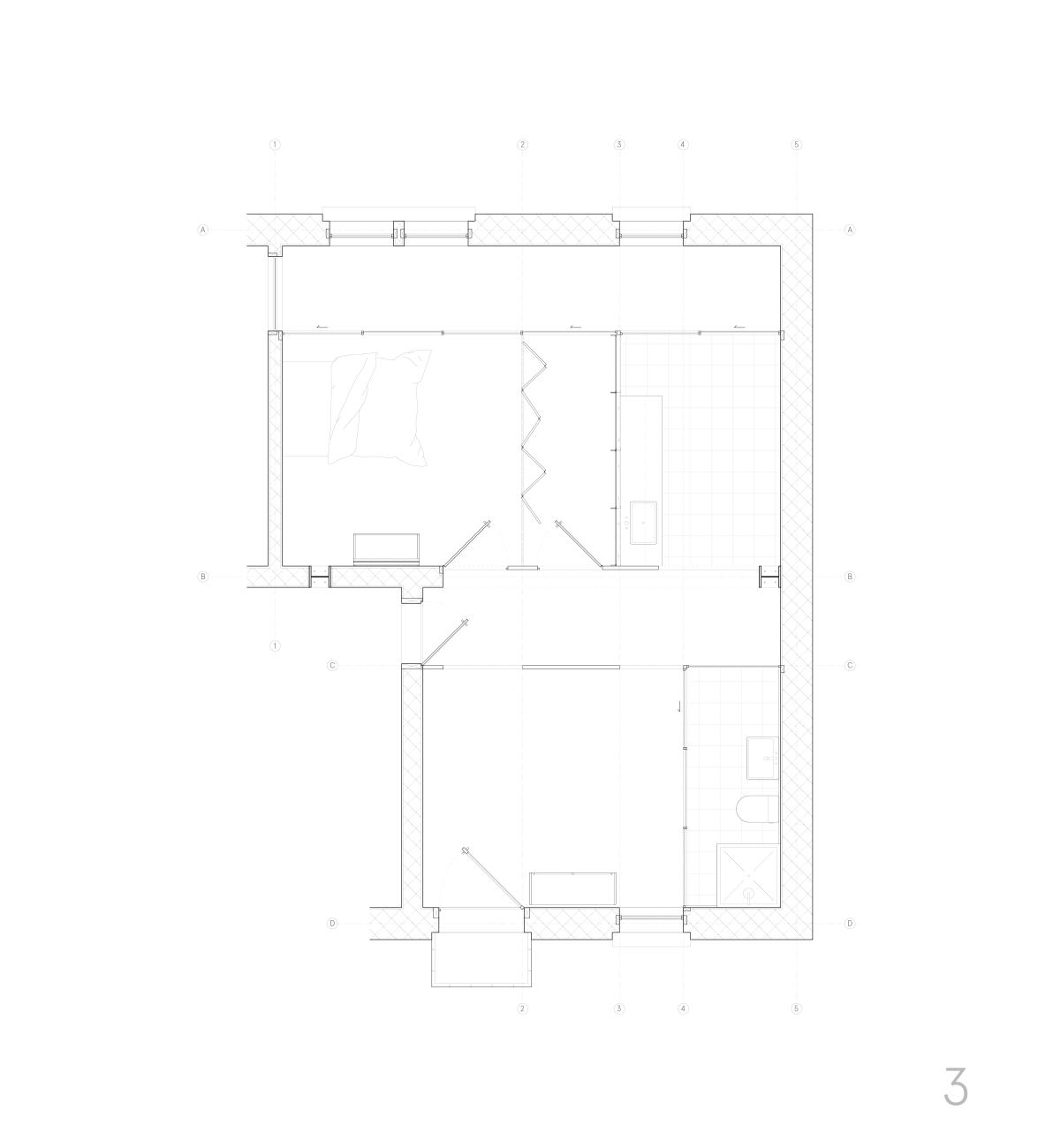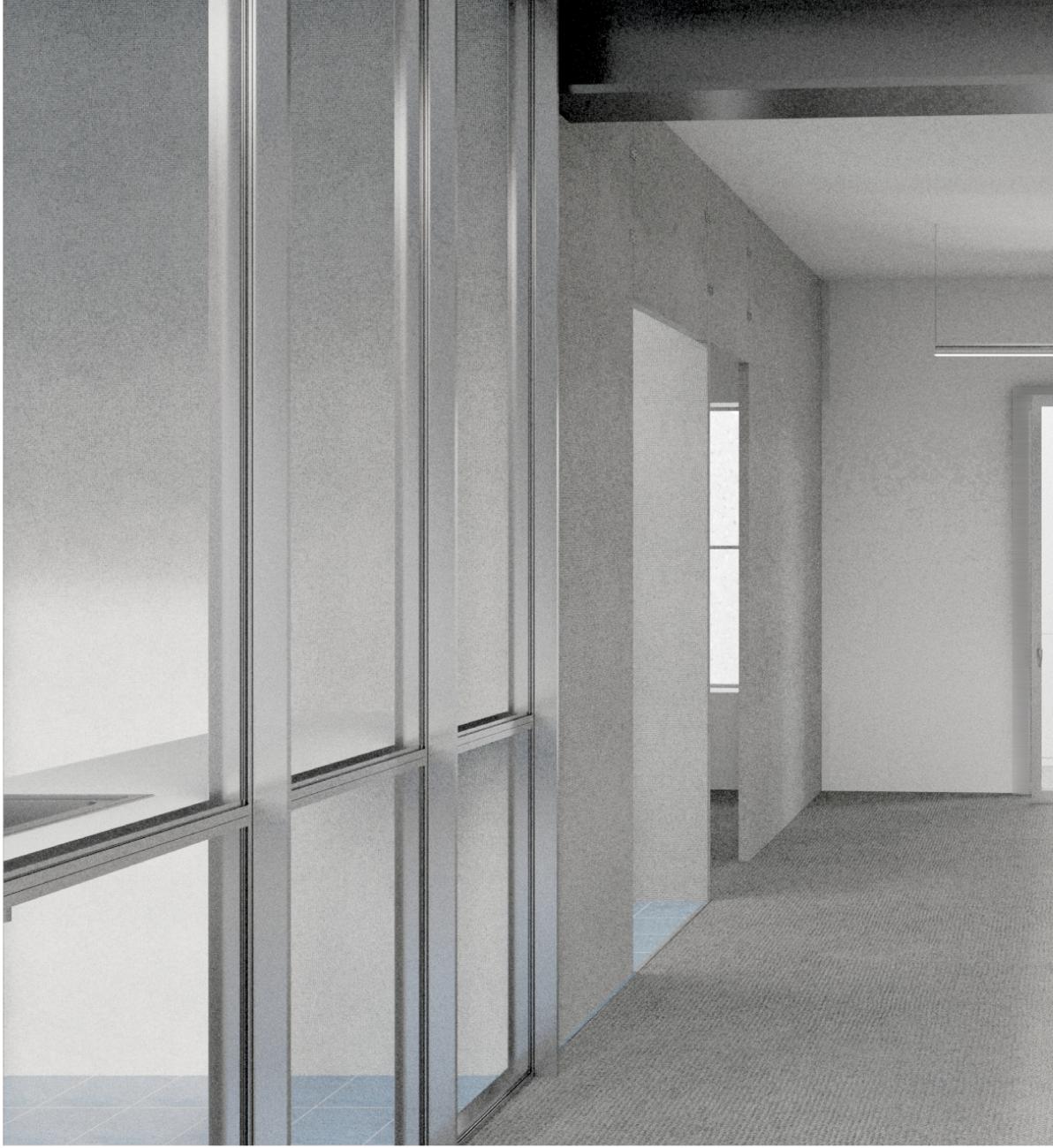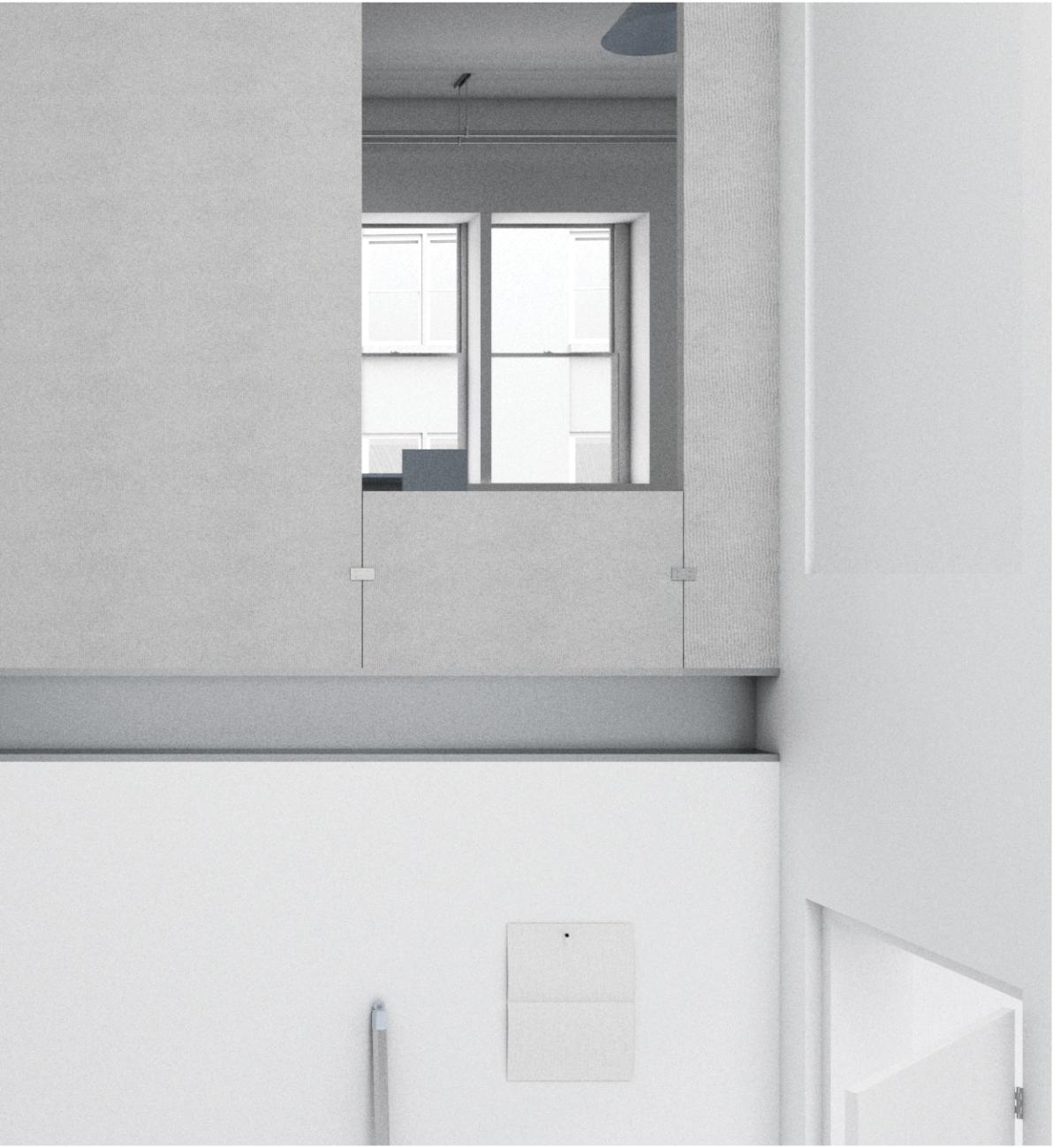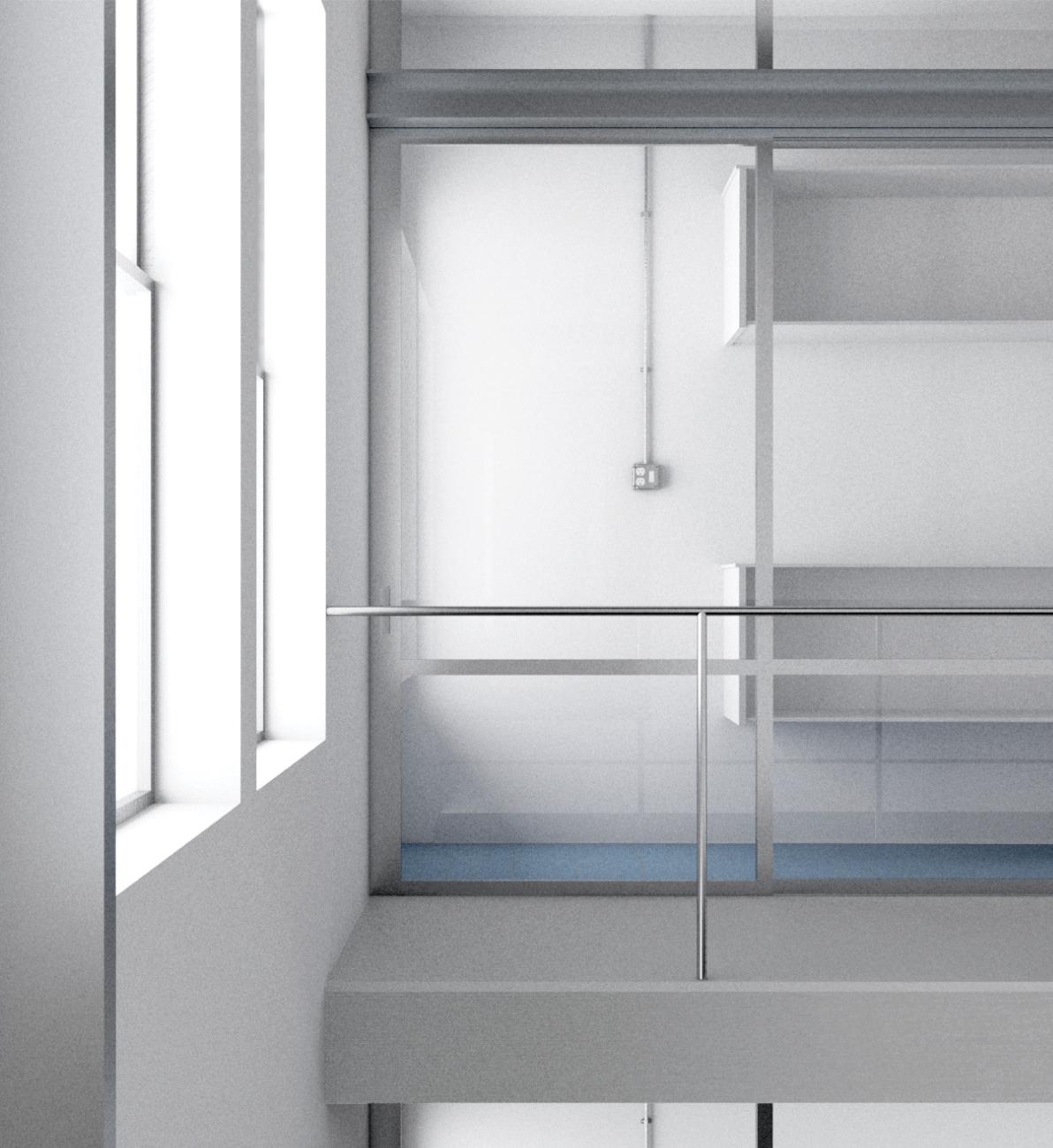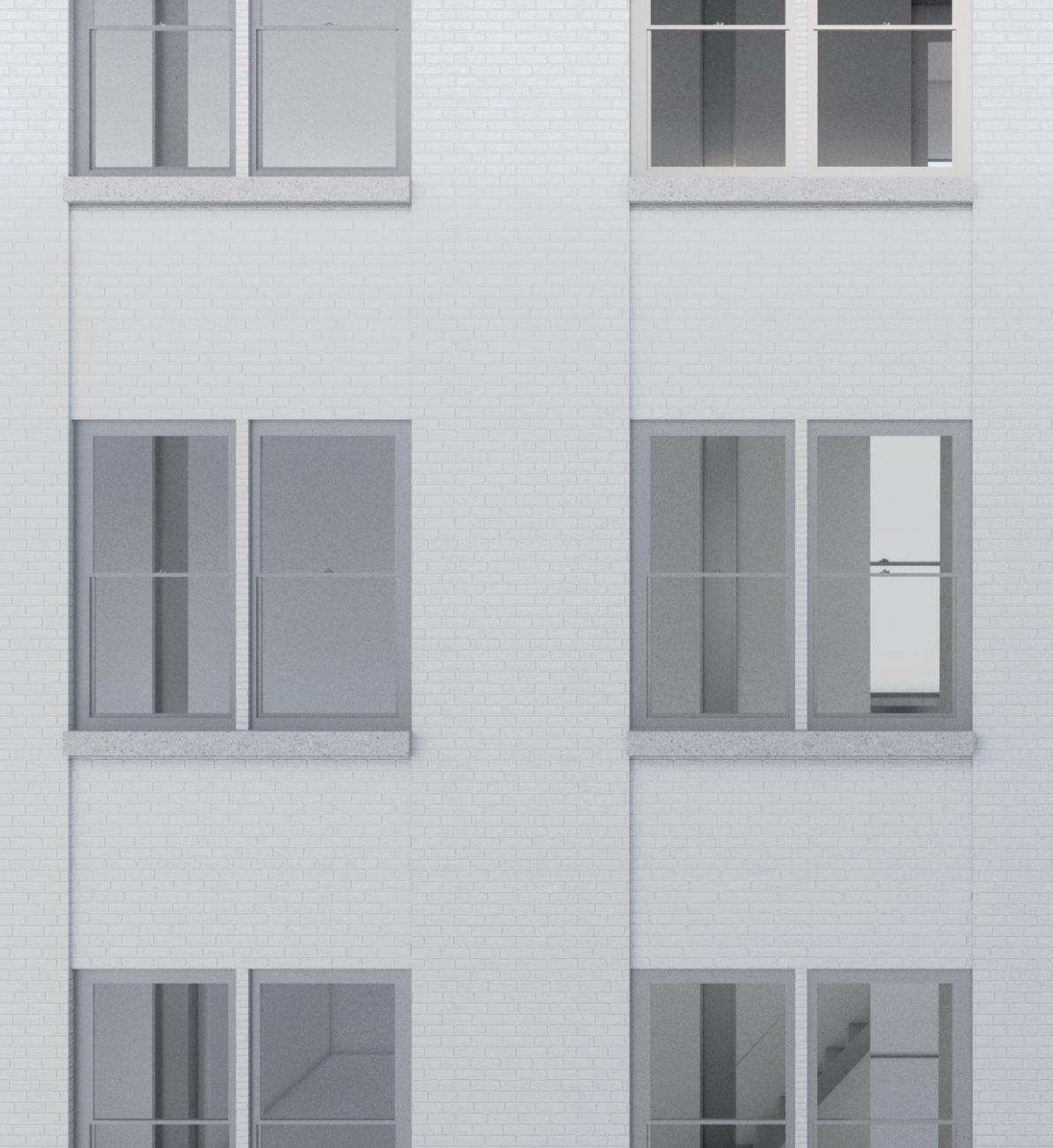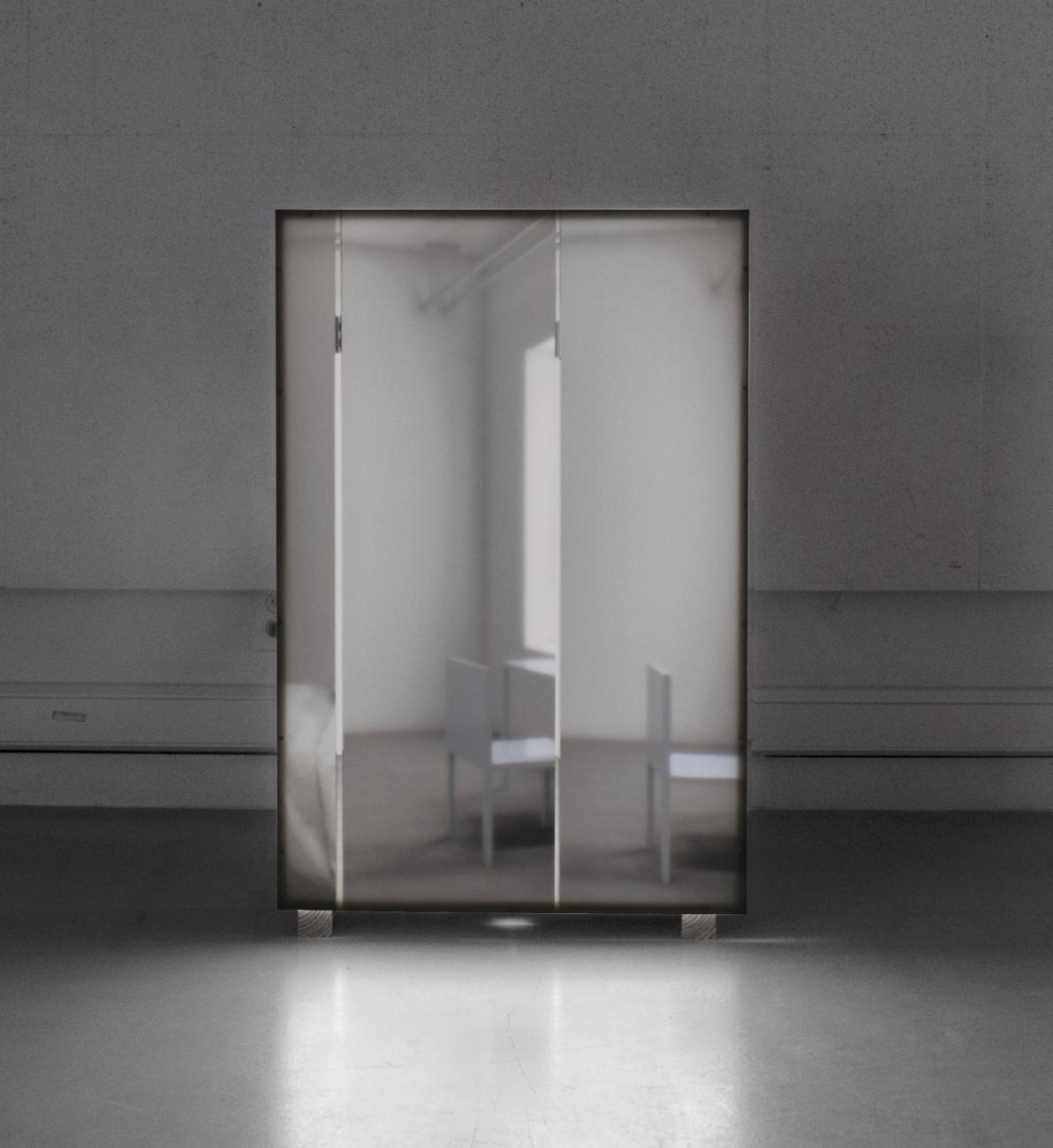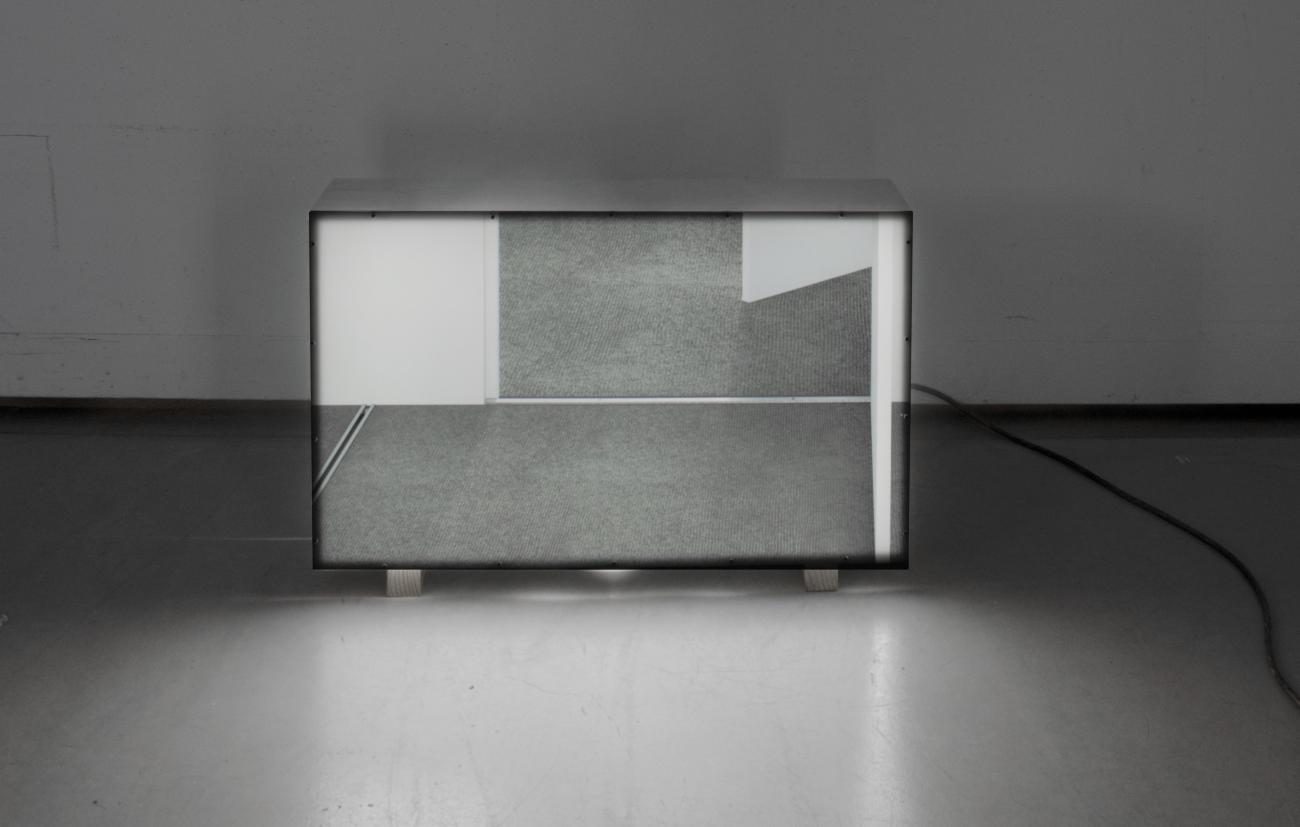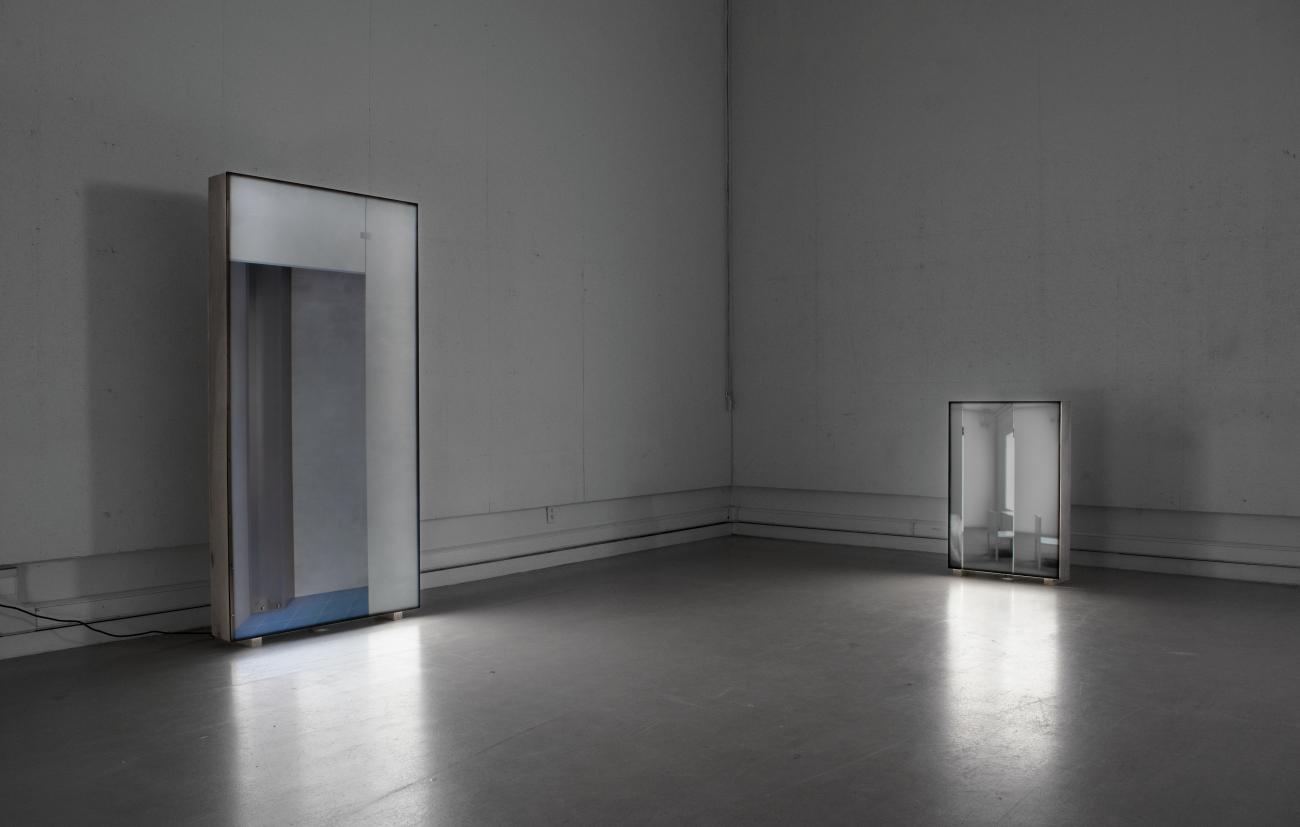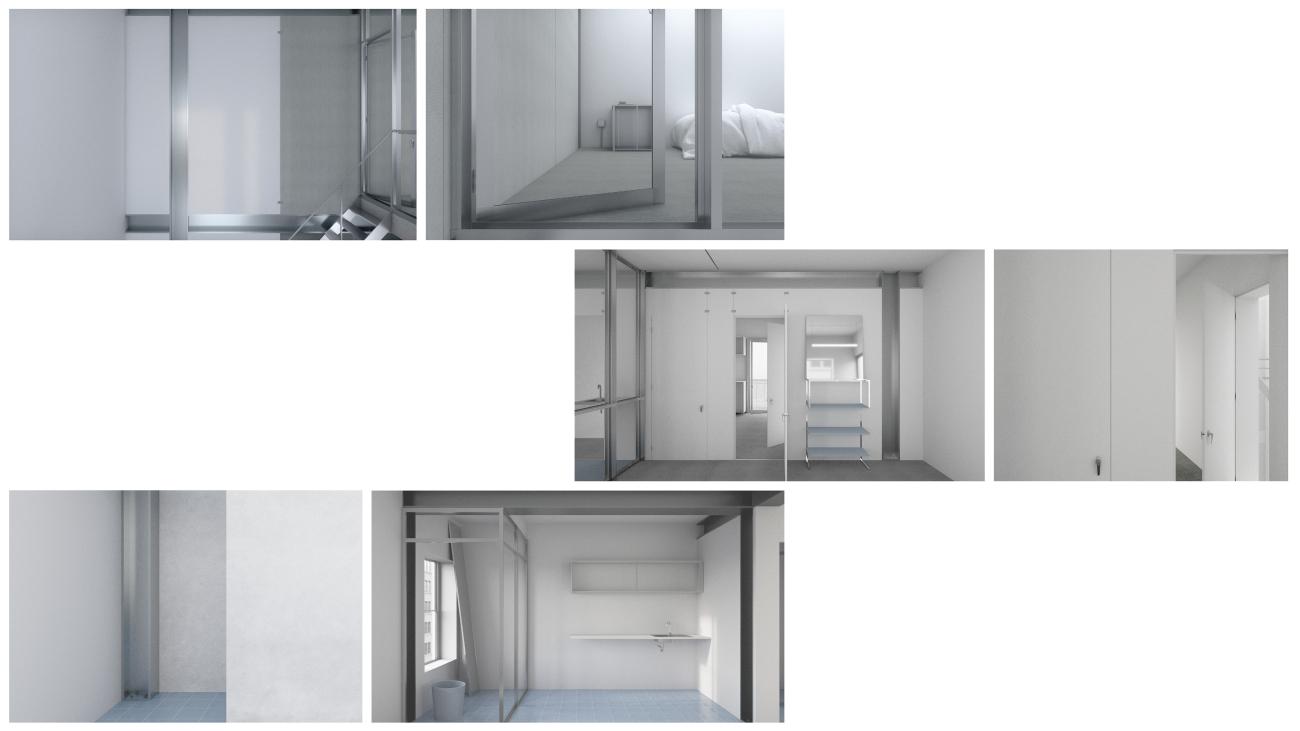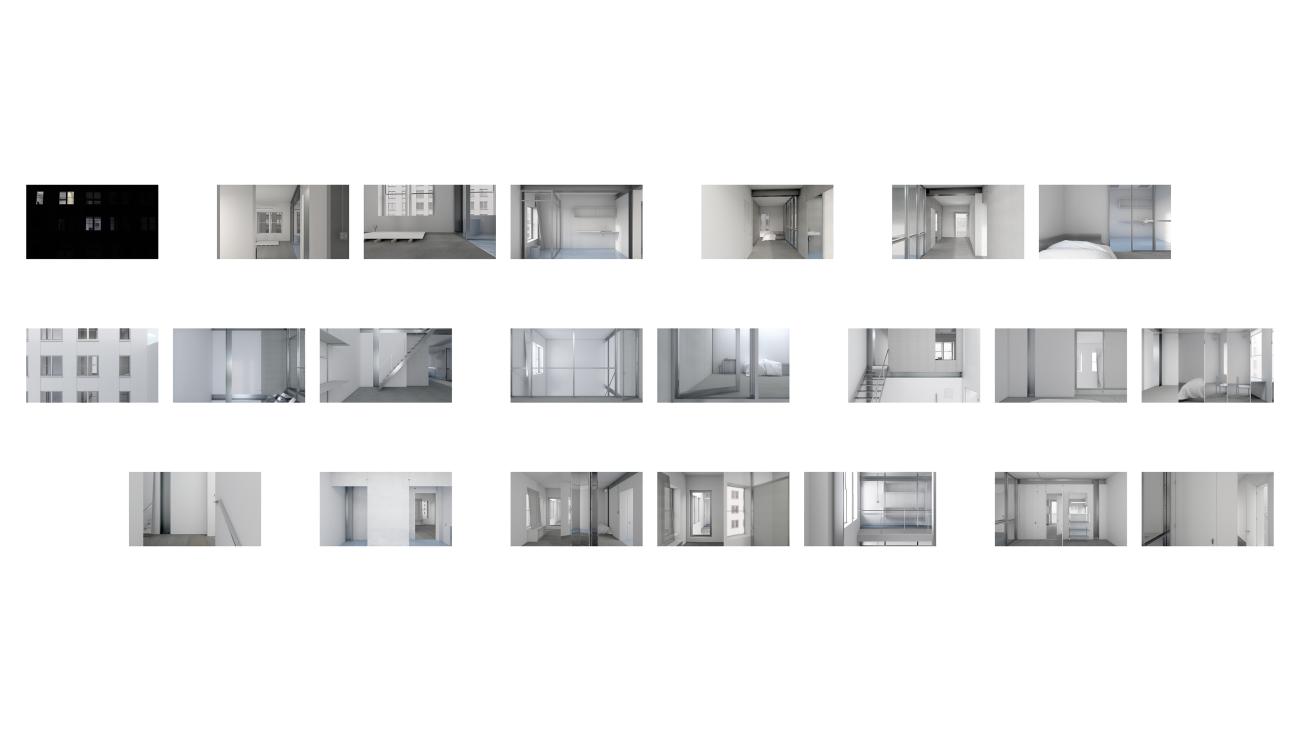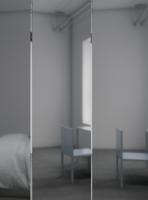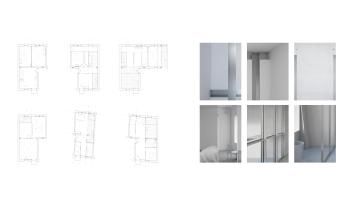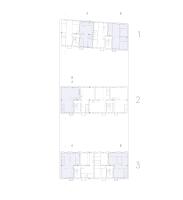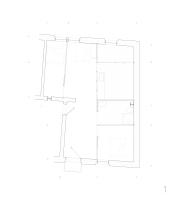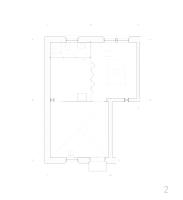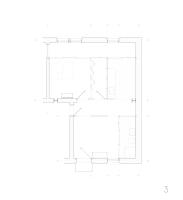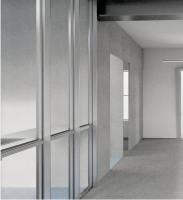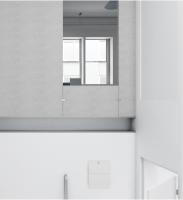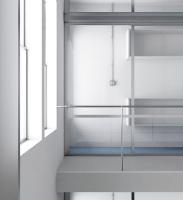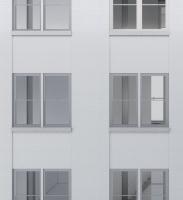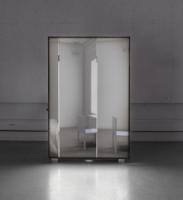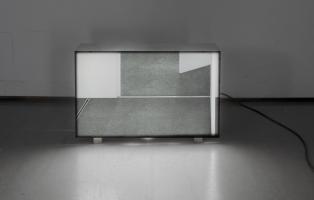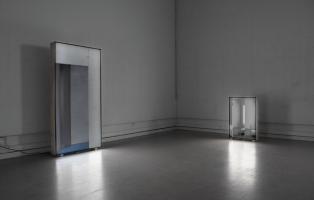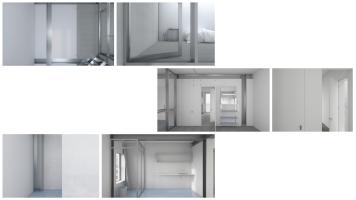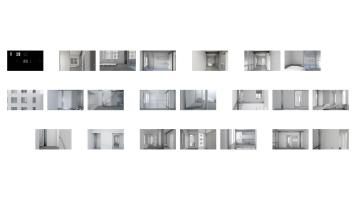In his 1949 essay “A Short Organum for the Theatre,” Bertoldt Brecht describes a form of theatre in which a performance reveals “the rules by which it was governed.” Brecht asserts that this alternative structure of performance generates an opportunity for self-examination not achievable in closed narrative.
This thesis investigates techniques of Brecht’s alienation effect, and explores its translation to architecture. The production of a cohesive internal fiction might be understood as moments of “suture”. The violation of this cohesion in order to make the viewer aware of the conceptual or physical apparatus that produces such fiction, might be understood as “estrangement”.
Through the manipulation of tectonic composition, material surfaces, and appropriating building components, the project articulates architecture’s ability to construct and irrupt cohesive worlds and subjecthoods. Interventions on an existing 20th century apartment building with three identical volumes produced three types of unit relationships: one volume negotiates the angled street facing facade; one privileges sectional relationships; one produces internal courtyards and cross-unit views. I-profile columns and beams break the continuity of smooth white plaster, internal studs serve as substitutes for aluminum frame glazing, and accordion mirror doors fracture and enact old and new fictions of contemporary living.
Close
Tiffany Xu
2020


